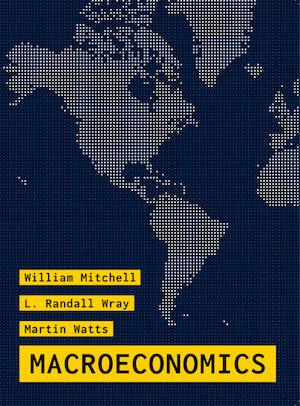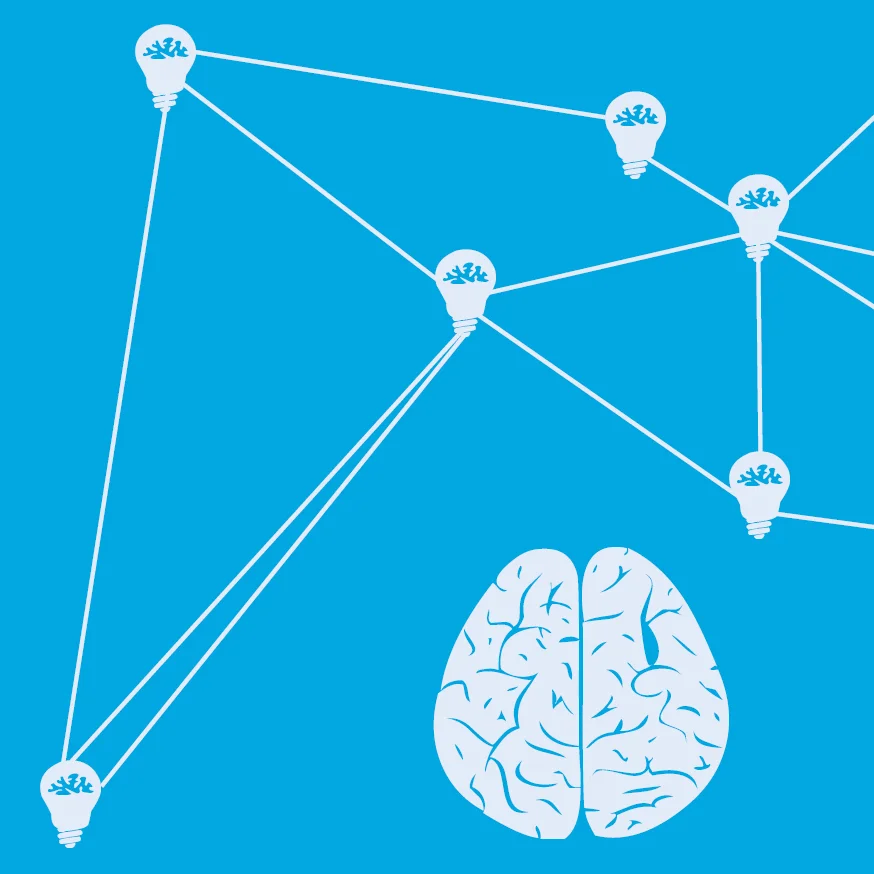Gerry Hamill from UK NGO First Time Inside helps new prisoners prepare for incarceration through ‘rehabilitation’. In this blog, Gerry reflects on the uses and abuses of people with ‘lived experience’ in the social service sector.
Read MorePeople over the age of 65 who develop a motor neurone disease (MND) can have difficulty accessing technology that can provide them with greater quality of life and independence, because they are not eligible for the NDIS. In today’s piece, Carol Birks (@CEBirks), Ben O’Mara (@BenOMara), and Morag Millington, all of MND Australia (@MNDAustralia) outline the need and propose cost-effective solutions for providing assistive technology to older Australians in need. This piece originally ran in The Mandarin.
Read MoreWe need to provide much better health services to people leaving prison. Epidemiologist Dr Kathryn Snow (University of Melbourne and the Murdoch Children’s Research Institute) explains why the “good luck system” for prison leavers doesn’t make sense from either a financial or a human rights perspective.
Read MoreKanika Samuels-Wortley, scholar at the University of Waterloo, reveals stories of police violence and prejudice towards Indigenous and Black populations, and explains why understanding these experiences is critical for justice and equity.
Read MoreThis blog is the first in a series examining narration and renarration as regulation from the School of Regulation and Global Governance (Regnet) at ANU. Here, Miranda Forsyth and Philip Gibbs tell us what we can learn from attempts to curb sorcery accusation related violence in PNG.
Read MoreAs part of her popular Green New Deal platform, the US member of Congress Alexandria Orcasio-Cortez has been utilising Modern Monetary Theory (MMT) to explain how governments can fund environmental policy reforms. But could MMT also be used by the social sector as a message frame to promote social policy reform? In today’s blog post Dr Andrew Joyce from the Centre for Social Impact and Celia Green from UNSW discuss the how the social sector could leverage insights from MMT to promote paradigm shifting social policy reforms.
Read MoreIn the past, the greatest health challenge for young people was to survive childhood. Thankfully, in most of the world this is no longer the case. However, the big health issue now for young people is mental health. Consulting with experts and stakeholders around the world, the Global Youth Mental Health Framework project will provide guidance for funders about the costs of investing, and the costs of not investing, in youth mental health. It also aims to produce a youth mental health care framework that is responsive to local needs, and a toolkit to help communities all over the world advocate for youth mental health services. On International Youth Day, Eóin Killackey outlined a new undertaking to make youth mental health a global priority.
Read MoreIn the wake of reports of service providers' poor conduct towards consumers with cognitive disabilities emerging from the Royal Commission into Banking, the Energy and Water Ombudsman of Victoria and the Essential Services Commission, Dr Yvette Maker and Professor Jeannie Paterson from the University of Melbourne offer two sets of resources here to promote a ‘facilitative’ approach to contracting and consumer transactions for people who have difficulties (or perceived difficulties) with learning, concentrating on, processing, remembering, or communicating information, and/or with decision-making.This piece was originally published by the Consumer Policy Research Centre.
Read MoreMeredith Edelman argues that ‘morally bankrupt’ corporations should face the possibility of a corporate ‘death penalty’ and having their shares redistributed among the victims of their crimes. Her post explains how this may help in corporate accountability.
Read MoreSue Webeck, manager of The Australian National University’s (ANU) newly set-up Respectful Relationships Unit, describes the university’s approach in responding to the issues raised in the Human Right’s Commission’s ‘Change the Course Report: National Report on Sexual Assault and Sexual Harassment at Australian Universities’ in 2017, and the challenges involved in creating systemic change while responding to the ongoing needs of survivors.
Read MoreOlder Aboriginal Australians are considered one of the most vulnerable populations in the country as they are at greater risks for multiple chronic diseases while being less able to access culturally appropriate care.
In this post from The Conversation, Neuroscience Research Australia’s Tony Broe believes that an effective Indigenous aged care model must facilitate greater family and community involvement to improve the health outcomes of older Aboriginal Australians.
Read MoreAboriginal and Torres Strait Islander peoples occupy a unique position as the first sovereign peoples of Australia. And while governments have been striving to improve their relationships with as well as their abilities to represent and provide services to Indigenous Australians, there is still a long way to go.
In this post, the Australia and New Zealand School of Government’s (ANZSOG) Aurora Milroy discusses why Indigenous values and culture should be embedded in the Australian Public Service (APS), and outlines practical solutions for helping the Commonwealth begin to reset its relationship with Indigenous peoples.
Read MoreMaiy Azize explains the important lessons of Anglicare Australia ‘s recent study of attitudes towards welfare and poverty for how anti-poverty advocates can use language effectively. Boldly stating our support for all people in poverty, as well as focussing on their strength and resilience are two key recommendations.
Read MoreIn the wake of the election results, Millie Rooney (Australia reMADE) describes how a united and inspiring vision for what Australia could be can help us work together across and around difference to create ‘the best version of us’.
Read MoreGrattan Institute’s Stephen Duckett and Matt Cowgill unpack a glaring gap in Australia’s public health system: universal access to dental care.
Read MoreThe University of Queensland’s Romy Listo reports on the United Nations 63rd Commission on the Status of Women held 11-23 March in New York. She draws attention to the commitment on Comprehensive Sexuality Education (CSE) which is supported by Australian delegates. Despite support for these commitments by the Federal Government, in practice the actual implementation of CSE by Australian states and territories does not meet the inclusive and expansive ideals being championed. Investment and strategies are needed to bring the right to CSE into Australian classrooms.
Read MoreDoes art have the power to persuade? You bet! In a slightly left-of-field blog entry for P2P, today’s post features a piece by Sasha Grishin, Adjunct Professor of Art History, Australian National University that originally appeared in the Conversation. In it, Sasha reviews an exhibition of work by prolific Australian artist Ben Quilty that invites important questions about the role of art in bringing compassion to the front of national debate.
Read MoreImagine getting turned away for not having a broken-enough leg. There would be complete outrage, but yet for people with eating disorders this is happening on a day to day basis. People are turned away for not being “sick” enough. We know a healthy BMI is 18.5 or above but yet some places in the UK are turning people away if their BMI is about 14! In this post, Hope Virgo (the Author of Stand Tall Little Girl and Mental Health Campaigner) shares her experience and talks about her #DumpTheScales campaign.
Read More














